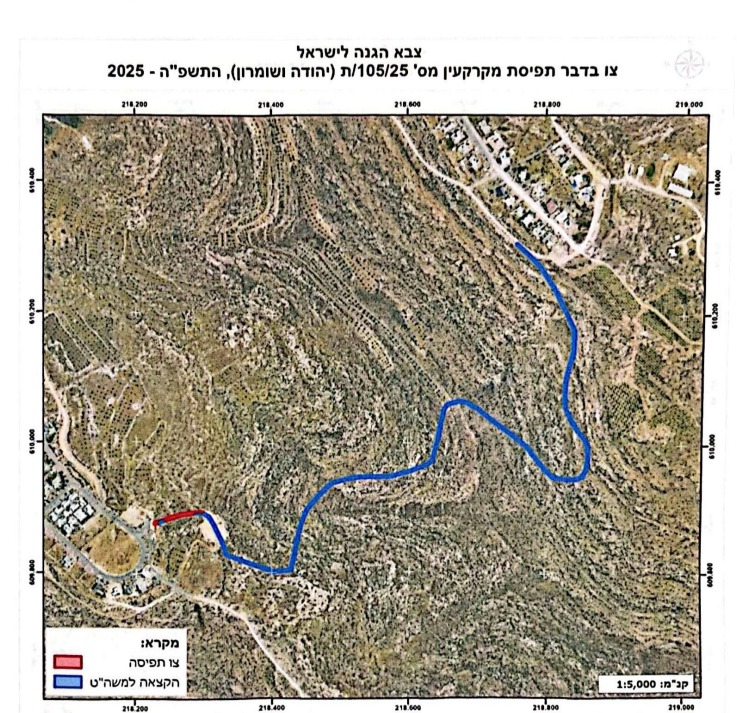GAZA, January 20, 2010 (WAFA)- The Resident Humanitarian Coordinator for the OPT, Max Gaylard, said on Wednesday, the continuing closure of the Gaza Strip is undermining the functioning of the health care system, Urging Israel to lift the siege imposed on Gaza.
Gaylard's statements came during a press conference in Gaza, which is organized by UN Agencies and the Association for International Development Agencies (AIDA), representing over 80 NGOs.
'We are here to highlight the impact of the blockade on Gaza on the health of Gaza’s population and on health services - and are calling for an immediate opening of Gaza’s crossings,' said Gaylard. 'The siege is causing on-going deterioration in the social, economic and environmental determinants of health.”
He also said that the siege is hampering the provision of medical supplies and the training of health staff and it is preventing patients with serious medical conditions getting timely specialized treatment outside Gaza.
'The economy of Gaza is in virtual collapse with rising unemployment and poverty which will have long term adverse effects on the physical and mental health of the population. The environment is also in decline including water quality, sewage and waste disposal and other environmental hazards which may lead to long term effects on health.'
The UN official said the lack of building materials as a result of the blockade is affecting essential health facilities. 'The new surgical wing in Gaza’s main Shifa hospital has remained unfinished since 2006. Hospitals and primary care facilities, damaged during operation ‘Cast Lead’, have not been rebuilt because construction materials are not allowed into Gaza.'
Israeli war on Gaza damaged 15 of Gaza’s 27 hospitals and 43 of its 110 primary health care facilities were either damaged or destroyed.
The blockade caused severe lack of drugs and disposables. Certain types of medical equipment, such as x-ray equipment and electronic devices are very difficult to bring in, he said.
'Clinical staff frequently lack the medical equipment they need. Medical devices are often broken, missing spare parts or out of date.'
Gaylard affirmed that health professionals in Gaza have been cut off from the outside world, stressing that since 2000, very few doctors, nurses or technicians have been able to leave the Strip for training necessary to update their clinical skills or to learn about new medical technology.
'This is severely undermining their ability to provide quality health care,' he said.
Gaylard also revealed that many specialized treatments, for example, complex heart surgery and certain types of cancer, are not available in Gaza and patients are therefore referred for treatment to hospitals outside Gaza.
'But many patients have had the applications for exit permits denied or delayed by the Israeli Authorities and have missed their appointments. Some have died while waiting for referral. he said.
For his part, Head of Office for WHO West Bank and Gaza, Tony Laurance said that an effective health care system cannot be sustained in isolation from the international community, urging the Israeli Authorities to open the borders to ensure the health of the1.4 million people in Gaza.
'The humanitarian community believes the health sector would face serious problems in dealing with another emergency on the scale of last year’s Operation Cast Lead,' said Laurance. 'The Government of Israel has a legal duty to guarantee the right to health for people in Gaza. The humanitarian community calls for the crossings into Gaza to be reopened.'









